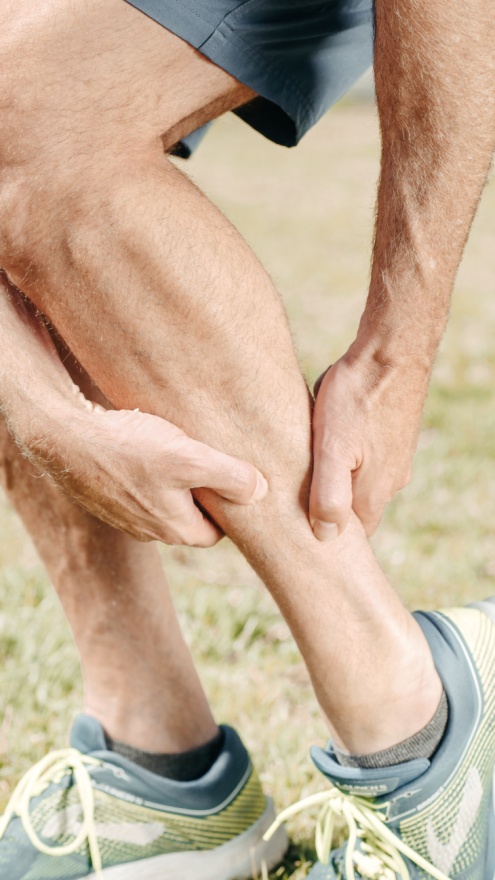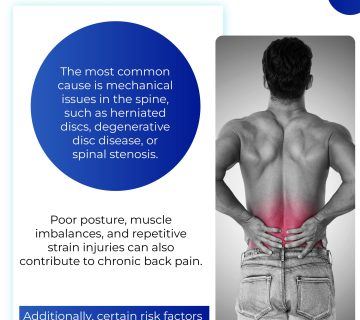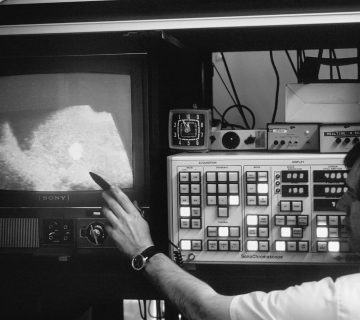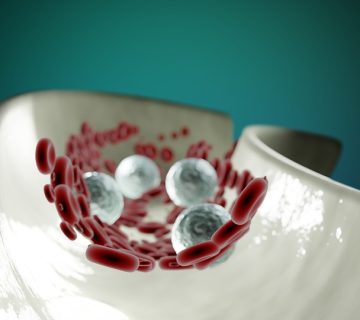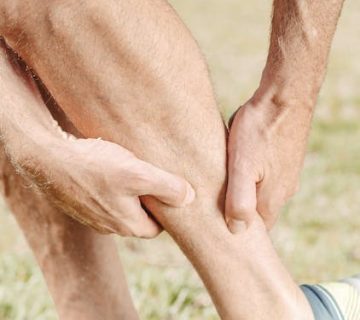Your vascular health is an important indicator of your overall health and well-being, so it’s essential to stay on top of any issues that may arise.
Read more: 4 Signs of Poor Vascular Health
In this blog, our vascular specialists will discuss the four most important signs of poor vascular health and what you should do if you experience any of these symptoms.
1. Aching Legs
Aching legs are one of the most common factors of poor vascular health. Sometimes, the aching sensation can be caused by something as simple as tight clothing or ill-fitting shoes. If your shoes are too tight or you wear clothes restricting blood flow to your legs, you may experience an aching sensation. You may also notice the pain is worse when you stand for long periods or when you’ve been sitting for a while.
If the pain persists, you should get checked out by a vascular specialist. There may be other underlying issues causing the aching, such as vein disease or a blood clot. These conditions can become serious if left untreated and lead to other more serious health problems.
2. Swelling In The Ankles, Feet, Or Legs
Swelling in the ankles, feet, or legs is an important indicator of poor vascular health. Swelling occurs when fluids, such as blood, leak out of the capillaries and accumulate in the surrounding tissue. This can cause aching, pressure, and discomfort. Common causes of leg swelling include varicose veins, deep vein thrombosis, chronic venous insufficiency, and peripheral arterial disease. If you experience swelling or tenderness in your ankles, feet, or legs, contact your doctor for evaluation and treatment.
3. Wounds That Won’t Heal
If you have a wound that isn’t healing, it’s important to seek medical attention immediately. A doctor can assess the wound and recommend the best course of treatment. Depending on the severity of the wound, treatments may include antibiotics, surgery, or other therapies to improve circulation and help promote healing.
4. Varicose Veins
Having varicose veins is another one of the clear signs of poor vascular health, and it is important to take action if you notice any signs or symptoms of this condition. Early diagnosis and treatment of varicose veins are essential for maintaining good vascular health and preventing further complications.
The most obvious symptom of varicose veins is their appearance. They usually appear as twisted, bulging, dark blue lines in the skin. Varicose veins can be painful and uncomfortable, leading to itching and swelling. They can also lead to more serious complications, such as skin ulcers and open sores that don’t heal properly.
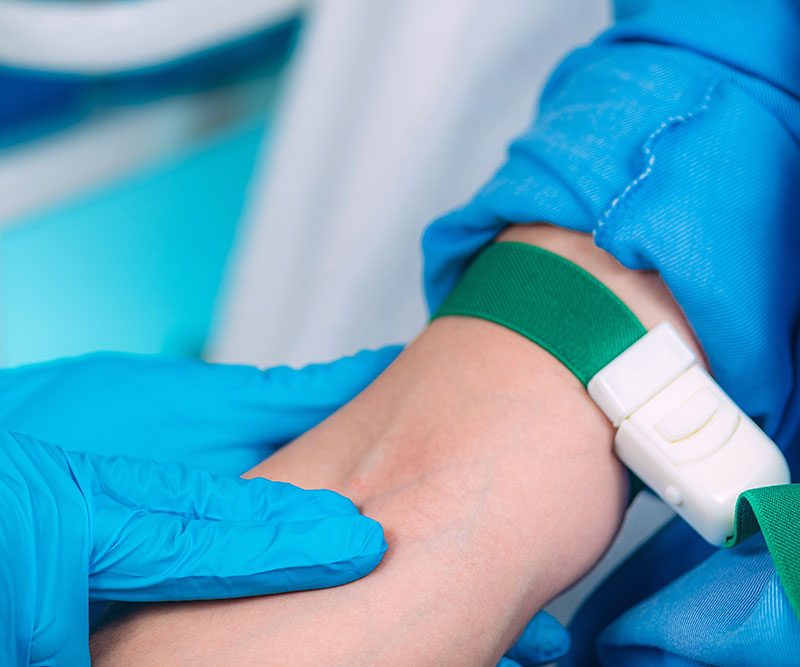
Consult A Varicose Specialist Today!
If you’re concerned about your vascular health, it might be time to consult with one of our vascular specialists at RJIR Vascular & Oncology. We use minimally invasive treatment to treat these various conditions.
Along with varicose veins, we also treat deep vein thrombosis, May-Thurner syndrome, inferior vena cava, and much more.
If you have more questions about their treatments, contact our vascular specialists in Rockford today.

